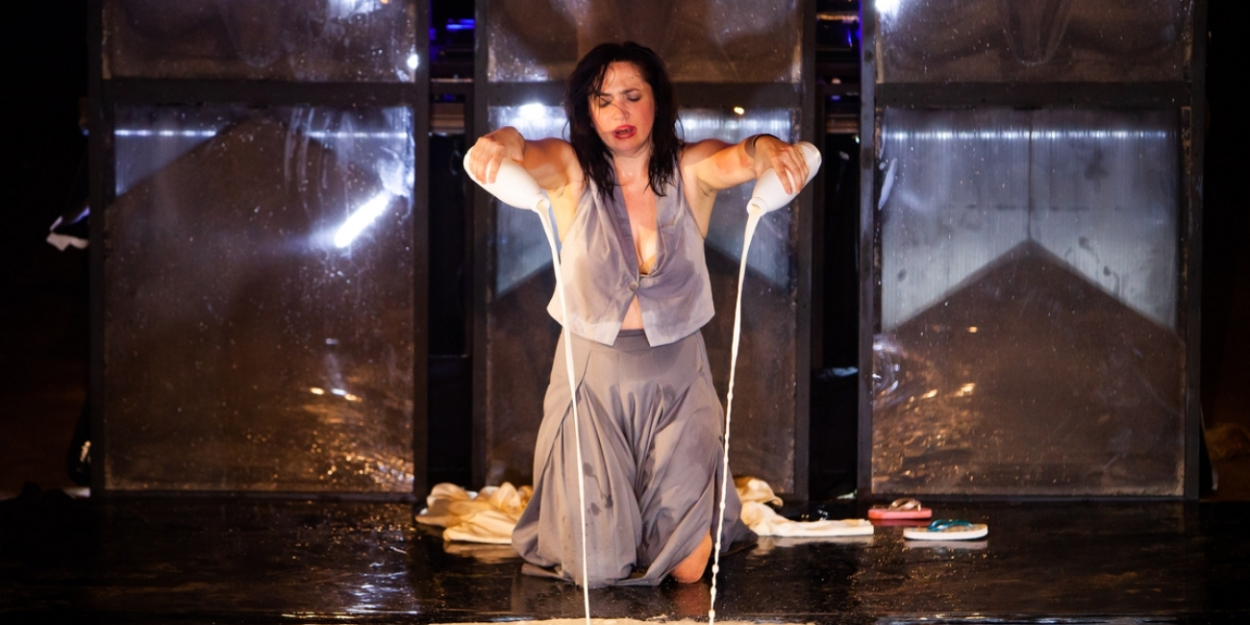Thessaly Theatre Presents MEDEA'S BURQA With Marsela Lena As Part of United Solo Festival
Thessaly Theatre (the third most important subsidized theatre of Greece) participates in the world's largest Solo theatre festival this October.

Thessaly Theatre (the third most important subsidized theatre of Greece) participates in the world's largest Solo theatre festival this October.
It presents Medea's Burqa by the widely translated Greek playwright Andreas Flourakis, and directed by the artistic director of Thessaly Theatre Kyriaki Spanou. It is a reworking of Medea's story, transferred to a contemporary context. “Burqua” stands for any distinct identity imposed on women.
Why to revisit a Greek myth, a persona from Greek Drama, like Medea and add a Burqa to her? What does it mean for a woman of different origin, culture or religion to be asked to abandon her “identity” in order to look like anyone else in the Western world? What is this “inescapable” pressure for homogeneity?
The performance follows Medea and her murders, exploring the itinerary from her “masculine” upbringing by her royal father to her abandonment by her husband in a foreign country and her vulnerability in a place that despises her, although it wants to change her. Patriarchy has pushed her to killings, but in a gesture of self awareness, she tries to escape the “expected” killing of her children with her own hand. She aspires to be the first Medea who does not kill her children… she lets them face themselves the dangers of life. She may be a killer created by a patriarchal society, but she is determined to save the future she is giving birth to.
Comments

Videos
.png)